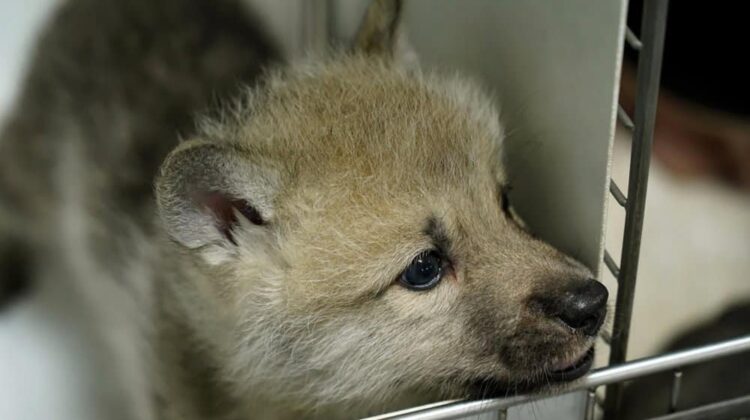
The cloning of animals has always been a topic of fascination for humans. From Dolly the sheep to the latest cloned arctic wolf, the process of creating a genetically identical copy of a living being has captured the imagination of scientists and the public alike.
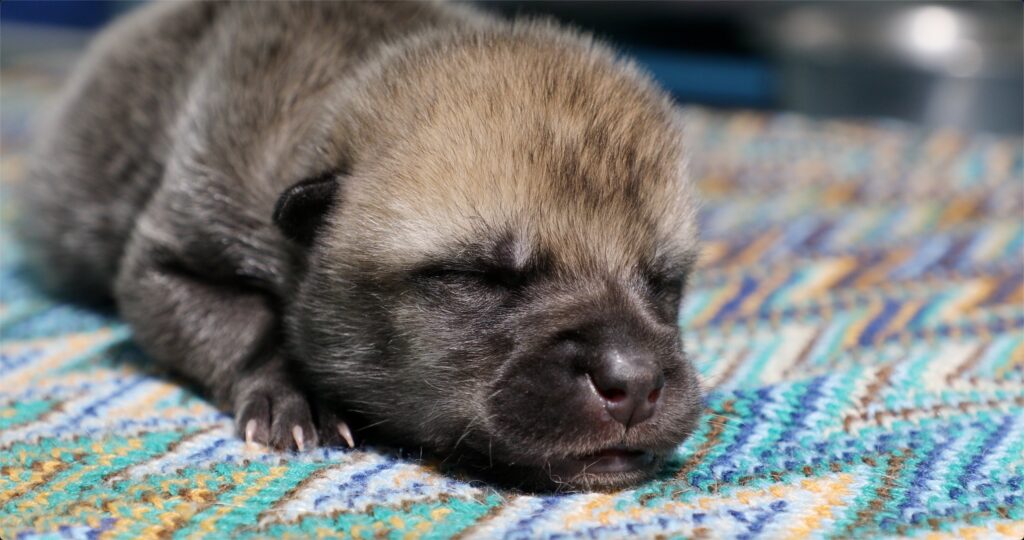
Recently, a team of South Korean scientists announced that they had successfully cloned an endangered arctic wolf, marking a significant milestone in the field of animal cloning. The cloned wolf, named Snuwolf, was created using the same technique that was used to clone Dolly the sheep in 1996, known as somatic cell nuclear transfer (SCNT).
SCNT involves taking an egg cell and removing its nucleus, which contains the genetic material of the original animal. Then, a cell from the animal to be cloned is taken and its nucleus is transferred into the egg cell. The egg is then stimulated to develop into an embryo, which is then implanted into a surrogate mother who carries the embryo to term.
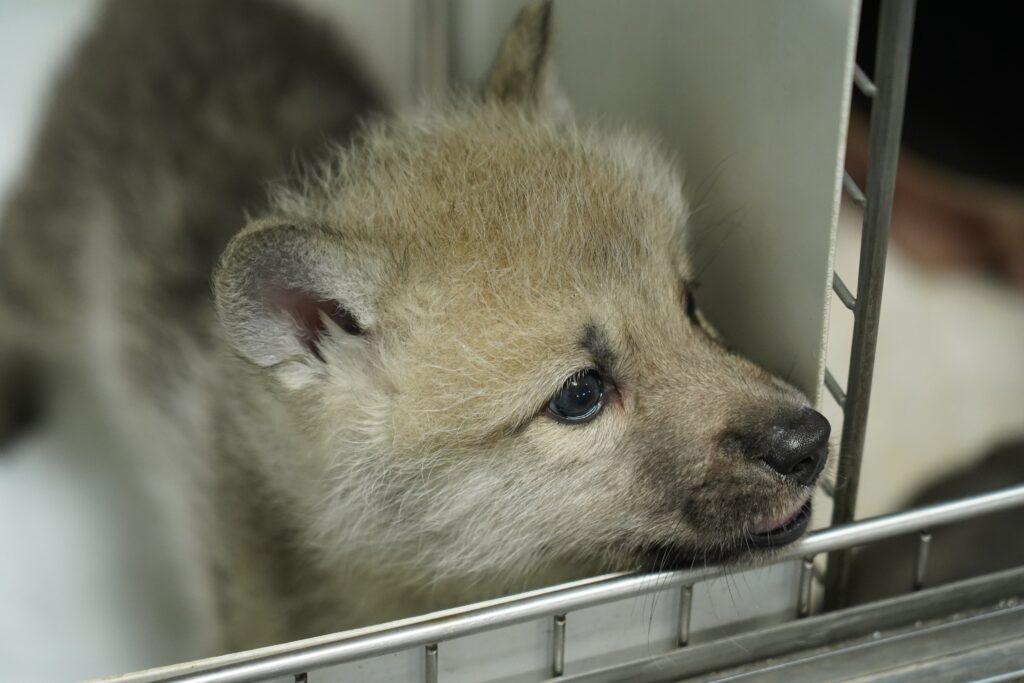
While the cloning of Snuwolf is certainly a scientific achievement, it also raises questions about the ethics of cloning and the implications of this technology. On the one hand, cloning can be used to preserve endangered species and prevent their extinction. In the case of Snuwolf, the cloning of an arctic wolf could potentially help boost the population of this endangered species, which is currently under threat from habitat loss and hunting.
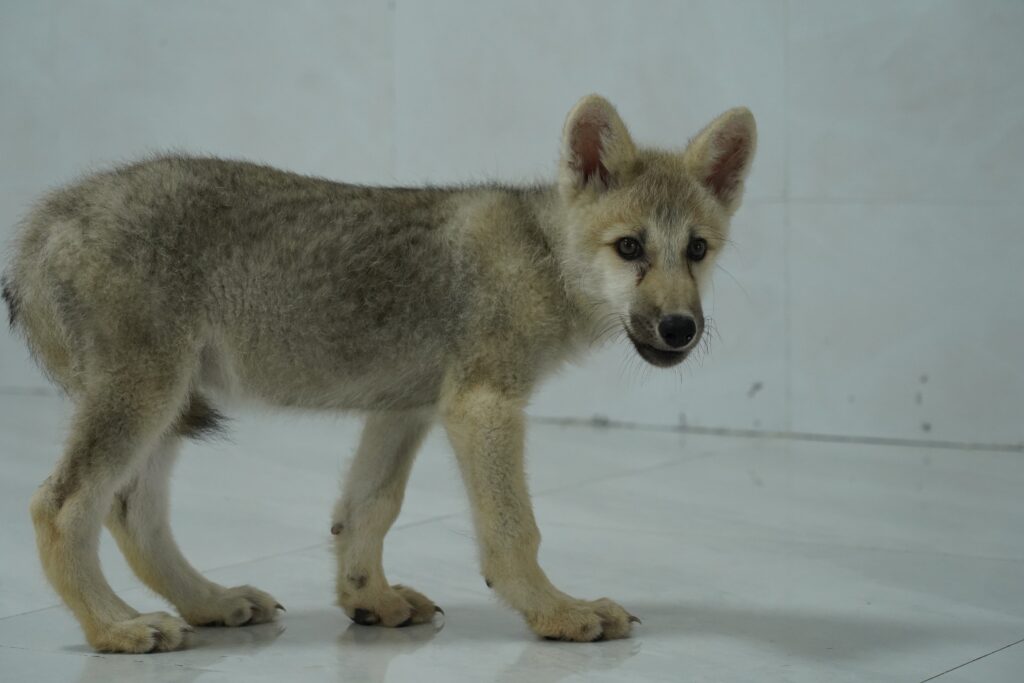
On the other hand, some critics argue that cloning is an unnatural process that can lead to genetic abnormalities and health problems in the cloned animals. Additionally, cloning raises ethical concerns about the potential for the exploitation of animals, particularly if cloned animals are used for commercial purposes such as meat or milk production.
Despite these concerns, the cloning of Snuwolf represents an important milestone in the field of animal cloning and provides hope for the preservation of endangered species. As the technology continues to evolve, it will be important for scientists and policymakers to carefully consider the ethical implications of cloning and ensure that it is used responsibly for the benefit of both animals and humans.
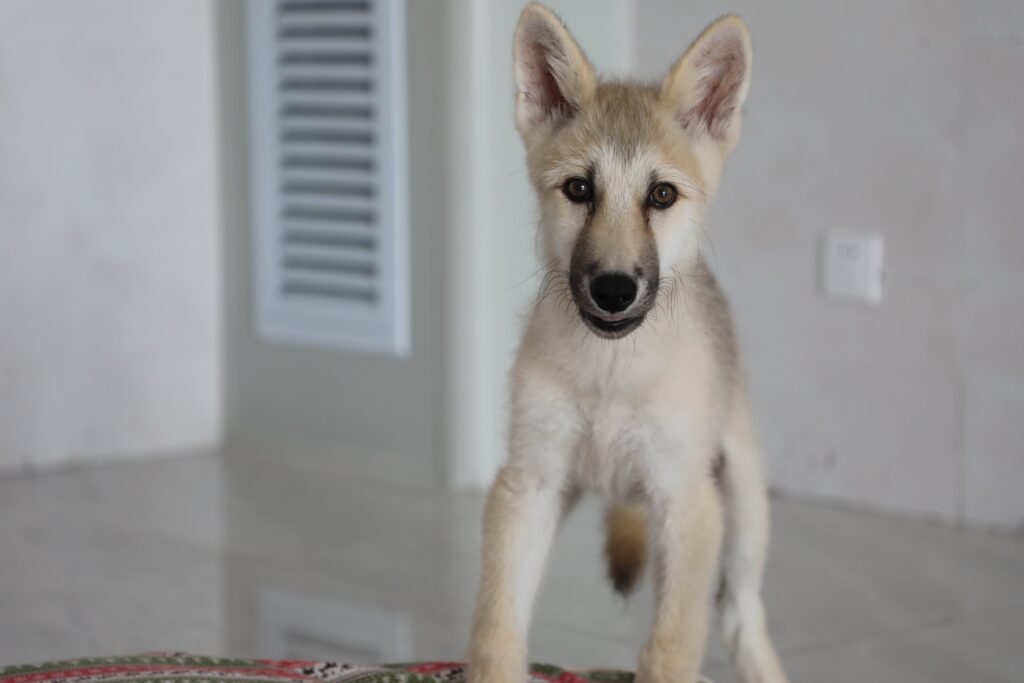

Leave a Reply